Thailand is ‘the land of smiles’, beaches, and elephants!
In fact, if you’re visiting the country for the first time, you may underestimate just how important these majestic creatures are in Thai culture.
Elephants have long had cultural and religious significance in Thailand, and this has helped to sustain their population here over the centuries.
At the Phuket Elephant Nature Reserve, we provide ethical elephant activities in Phuket for elephants we rescued from situations of cruelty, abuse, and exploitation.
Our rescued animals have a safe and natural home to enjoy for the rest of their lives.
Keep scrolling down to find out why Thailand has so many elephants, as well as more about their cultural and historical significance.
If you have any questions about our ethical elephant experiences in Phuket, please feel free to get in touch.
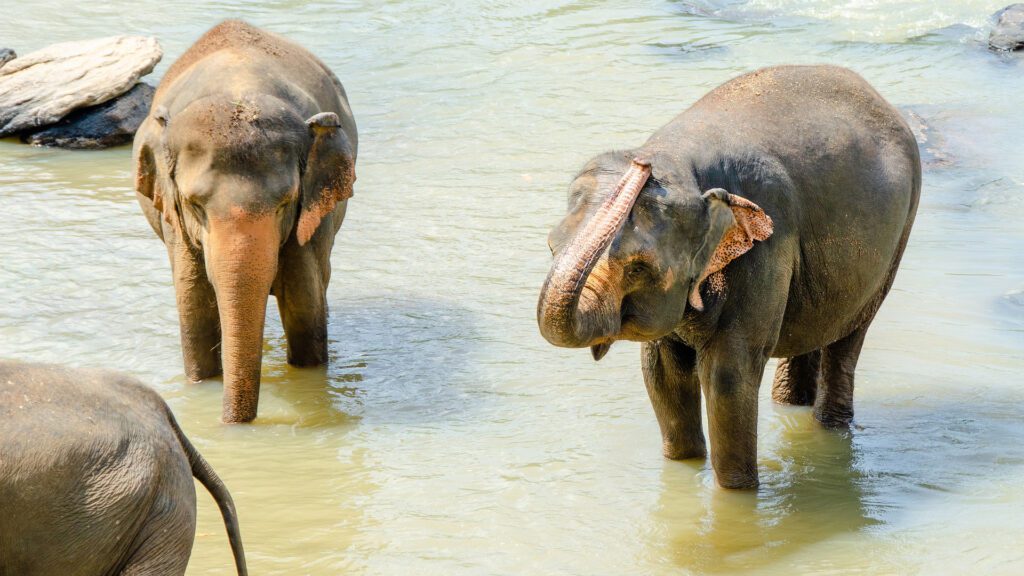
Thailand is a Natural Habitat for Asian Elephants
Let’s start by looking at the reasons for the historical elephant population in Thailand.
Put simply, certain regions of the country provide the perfect natural habitat for the Asian elephant species.
Some of the most common habitats that support elephant populations include forests, grasslands, and wetlands, all of which you can find in Thailand.
The connection between Thai people and elephants extends back to the 16th century.
During this period, Thailand exploited the size and strength of these animals in wars against the Malay, Khmer, and Burmese.
These same attributes are also why elephants have been put to work in Thailand for generations.
This typically occurred in the logging industry, where elephants were used in lieu of machinery to haul felled trees through the dense jungles.
Of course, this required the domestication of huge numbers of elephants. The “training” process could take as long as 10 years.
Trained elephants would typically then work until they reached the age of 60.
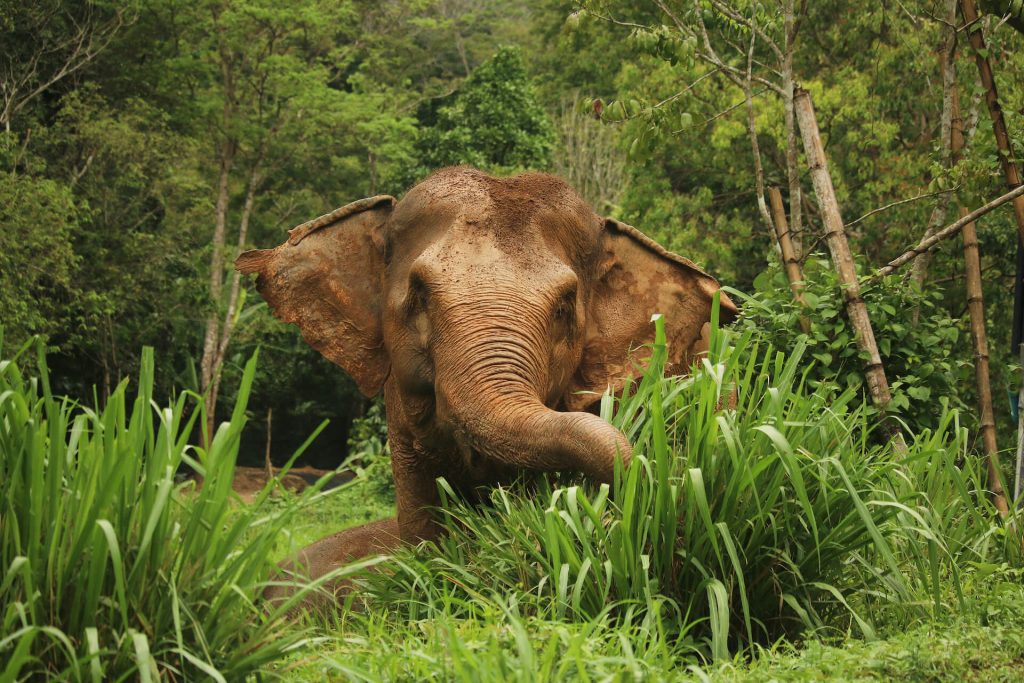
It became illegal to use elephants in logging in 1989, but the industry was in decline anyway.
As a result, many elephants used for logging ended up in the tourism industry.
Sadly, domesticated elephants can’t survive in the wild. When combined with poaching and habitat loss, Thailand’s elephant population has been steadily decreasing.
This is why there has been a rise in conservation efforts to protect elephants and their habitats — a cause that the Phuket Elephant Nature Reserve is proud to be part of.
Take a deeper dive into this subject by reading our previous guide The Importance of Elephant Conservation.
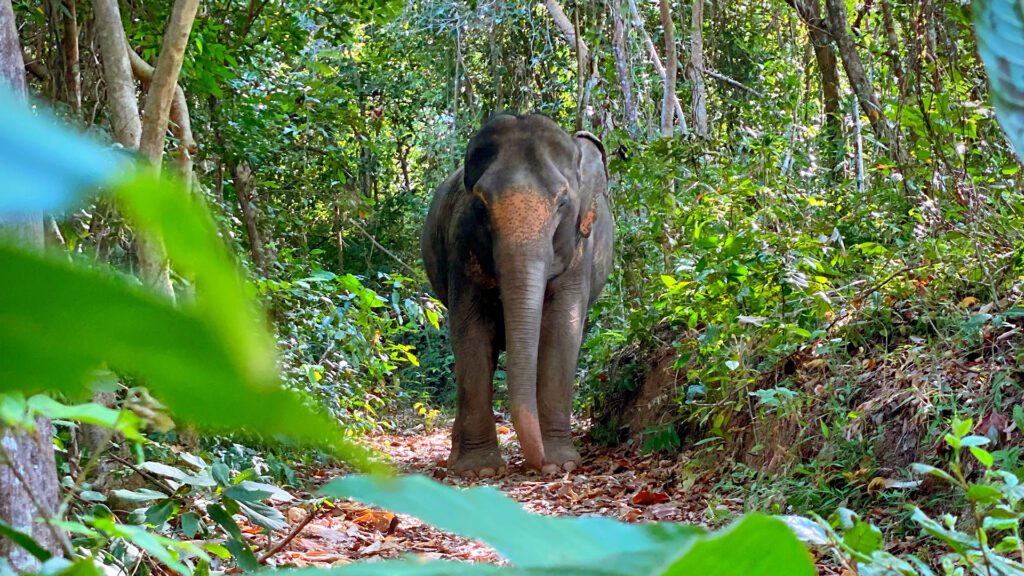
The Cultural Significance of Elephants in Thailand
As touched on above, elephants have been an important part of Thai culture for centuries.
This covers everything from transportation to logging to ancient warfare.
The Thai people have long celebrated the longevity, strength, and durability of these incredible creatures.
But elephants are also considered sacred animals in Thailand and are often associated with Buddhist beliefs.
For example, the white elephant is considered to be a symbol of royal power, and they were even used for royal duties.
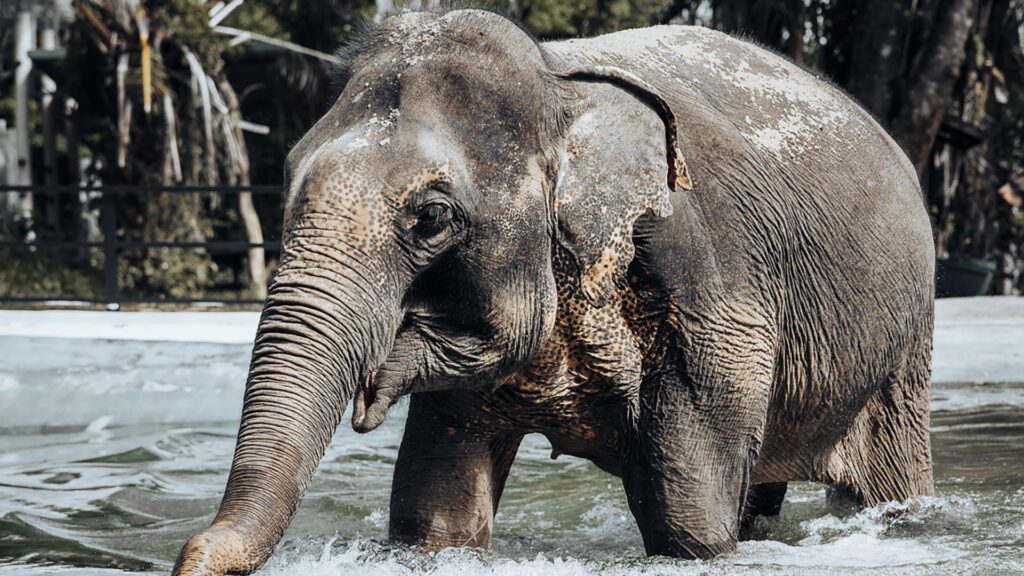
In addition, elephants are also at the heart of many Thai festivals and ceremonies.
This hallowed status is largely due to the Buddhist tradition which says that Buddha’s mother dreamt a white elephant gave her a lotus flower on the eve of his birth.
It’s no exaggeration to say you can find elephant symbols and imagery everywhere in Thailand, from humble beer labels to intricately designed temples.
Until the early 20th century, an elephant even appeared in the centre of the Siamese flag.
If you’re interested in cultural experiences during your travels in Thailand, read our tips for the top things to do in Phuket for culture lovers.
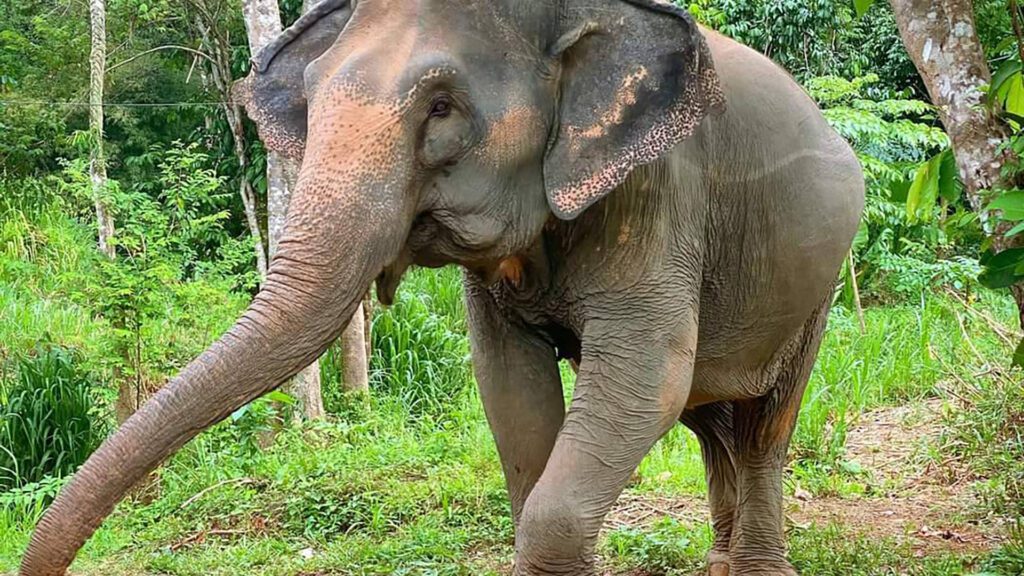
The Importance of Ethical Elephant Sanctuaries
The previous two sections have only scratched the surface of the cultural and historical importance of elephants in Thailand, but they are still a helpful introduction.
More importantly, they underline the importance of making responsible, informed decisions when choosing elephant activities.
For example, you may ask yourself should I ride elephants in Thailand?
At the Phuket Elephant Nature Reserve, we do not allow any form of elephant riding or trekking. In fact, visitors cannot touch our elephants at all.
Our priority is and always will be the health and well-being of our animals.
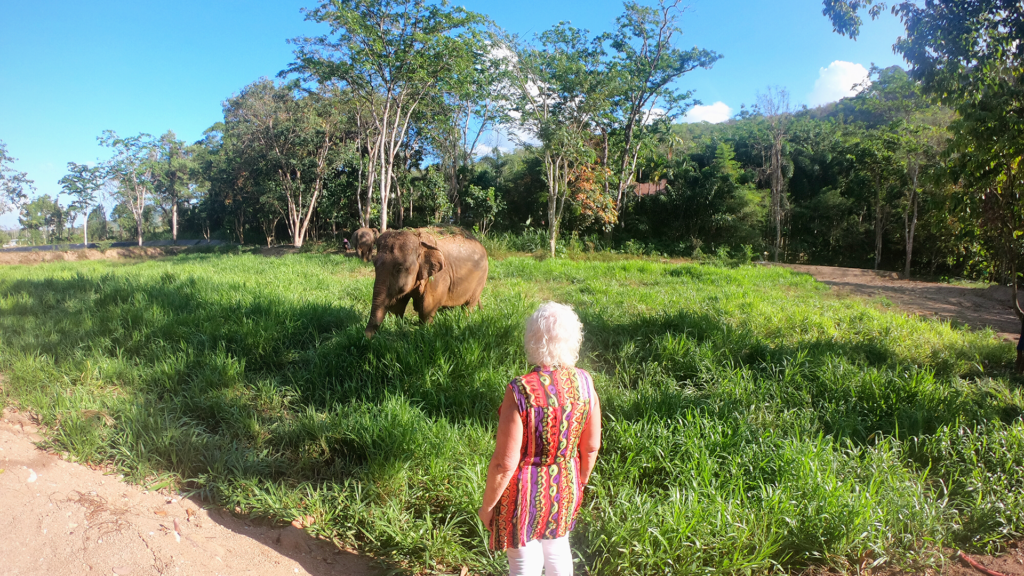
Elephants are synonymous with Thailand, so it’s completely understandable why you would want to see them on your trip here.
Because our focus is on observation and education, you can witness these gentle giants in their natural habitat with a clear conscience.
Our site covers 48,000 square metres (30 rai) and is set in a lush jungle.
This means our elephants have all the space they need to satisfy their natural instinct to roam.
We also have some of the biggest overnight elephant shelters in Phuket. Our rescued animals sleep in a generous space of 20m x 10m with soft soil to sleep on, food, and water.
At the Phuket Elephant Nature Reserve, we promote tourism that aids conservation.
This allows us to provide a safe, peaceful, and humane environment for our elephants, while also helping us to rescue even more.
Read our previous blog, Is Being in Captivity Unhealthy for Elephants, for a more detailed look at the topic of ethical elephant sanctuaries.
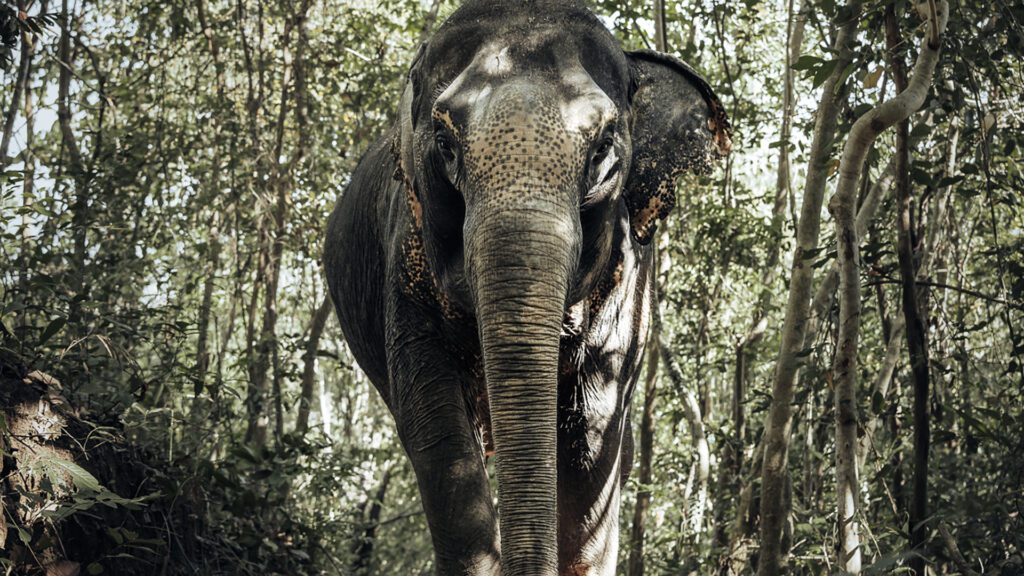
Our Phuket Elephant Activities are Ethical and Unforgettable!
We hope this blog has explained why Thailand has so many elephants and deepened your appreciation for these wonderful animals.
Browse our range of ethical elephant experiences in Phuket and discover more about the memories you can make with us.
And for more information about our Phuket elephant activities or our conservation efforts, please don’t hesitate to get in touch.

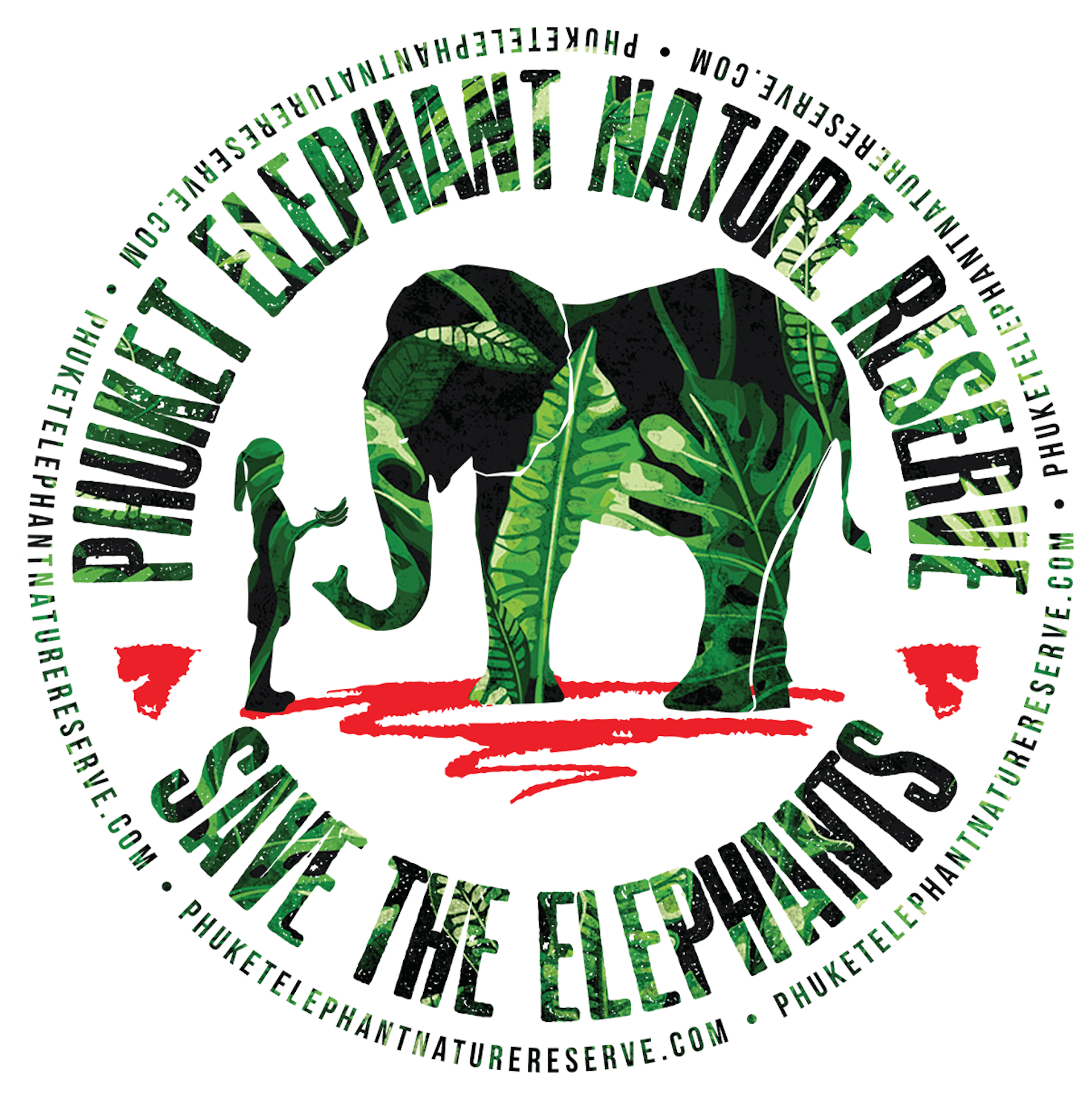
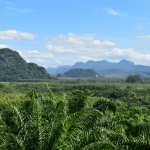



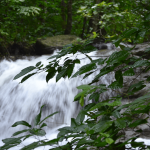
[…] Looking to learn even more about our country’s elephants? We think you’ll love our other guide Why Does Thailand Have So Many Elephants? […]